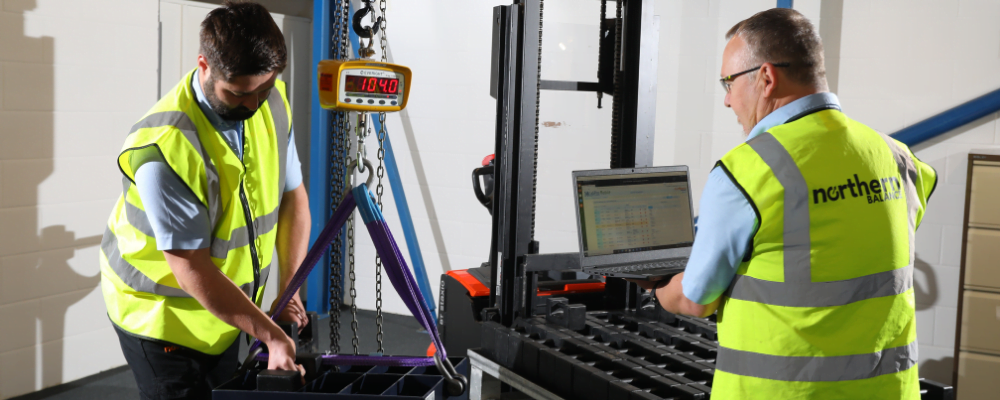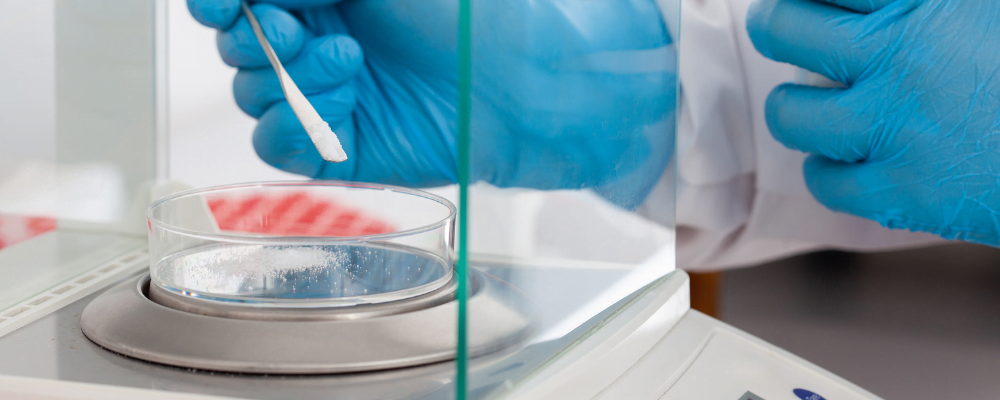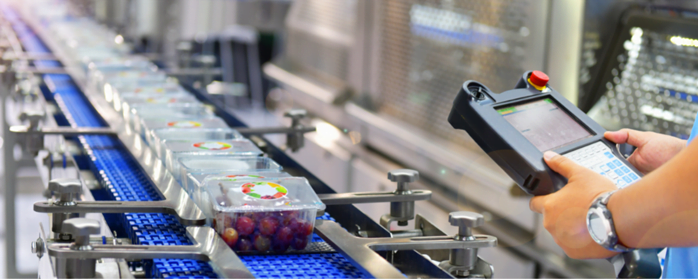When requesting a calibration service, you may be offered a traceable or UKAS calibration, but which is the right option for your needs? There are fundamental differences that could impact on compliance and successful trading if an unsuitable calibration is performed. We highlight the key features of traceable and UKAS to help you choose the right calibration option for your operations.
What exactly is a calibration?
In measurement technology and metrology, calibration is the comparison of measurement values delivered by a device under test with those of a calibration standard of known accuracy. In simple terms, calibration is a user-defined process of proving traceability to standards held at national or international metrology institutes.
Traceable calibrations – are they the right choice?
A traceable calibration reports the values and differences between the reference equipment and the weighing equipment under test. The reference equipment/ standards used will be traceable to national standards. Traceable calibrations are most suitable when there are no laid down industry requirements, or when your weighing equipment is being used in non-critical operations.
How does a UKAS calibration differ?
UKAS calibrations are performed in accordance with ISO 17025:2017: General requirements for the competence of testing and calibration laboratories. This type of calibration follows UKAS’ stringent calibration methods and tests as well as their criteria for recording results and producing certificates. These stipulations are detailed in both UKAS and internationally recognised guides. Therefore, ensuring your calibration is being performed to prescribed guidelines.
To achieve the accreditation, calibration laboratories such as Northern Balance are assessed and regularly audited by UKAS to ISO 17025:2017 standards. Ongoing audits provide an assurance of the competence, impartiality and integrity of the personnel and the procedures that are used in the calibration process.
Do I need UKAS calibration?
Although both traceable and UKAS calibrations are traceable, there are different situations where a UKAS calibration may be necessary. Here are the most common reasons that make UKAS calibrations more suitable:
1. Alleviate against safety risk
When measurement results are critical to the safety of a product or a process, UKAS calibrations are the right choice due to the confidence provided through their rigorous criteria. If measurement results are non-critical, traceable calibrations may adequately serve your purposes.
2. Adherence to industry requirements
Industries that work to very fine tolerances, such as pharmaceuticals will also need UKAS to give them the additional confidence that they are complying with statutory and regulatory requirements.
3. Compliance with Quality Management Systems (QMS)
Auditors may advise on the need for UKAS calibrations to conform with industry or regulatory standards. This may be laid out in your in-house QMS where this applies.
4. Satisfy supply chain stipulations
Even when no industry requirements exist, you may be required to calibrate your measuring equipment to UKAS standards. This may be necessary to satisfy your customers’ need for consistent and accurate measurement results across the supply chain and to fulfil any contractual agreements.
5. Reduce international trade barriers
UKAS’ contribution to international groups such as the European Cooperation for accreditation (EA), the International Accreditation Forum (IAF) the International Organisation for Accreditation Bodies (ILAC) ensures worldwide acceptance of UKAS’ standards. This reduces the need for multiple assessments of suppliers, and consequently, helps to reduce barriers to international trade.
Choose the right calibration every time
Choosing the right type of calibration can be challenging especially for complex organisations that operate multiple processes under different regulations and criteria. By following this starter guide, you can quickly assess the most appropriate calibration option to ensure compliance for each functional area.
As an ISO 17025:2017 accredited and ISO 9001 certified organisation with over 150 years’ calibration expertise, Northern Balance can perform both traceable and UKAS calibrations as well as define a suitable calibration programme for your requirements. If you’re unsure of which calibration you need or how frequently it should be performed, contact us for bespoke, complimentary advice.





